World
The modern world cannot be studied without examining the course, impact and legacy of two world wars, the resources in this section set out to look at both the First and Second World Wars in their global context. The section also includes the Cold War and its impact in Latin America, South-East Asia and parts of Africa. This period also sees the rise and fall of European imperialism and the changing nature of global politics and economics as technology brings different stories from so many parts of the world directly to us. Read more
Sort by:
Date (Newest first) | Title A-Z
Show:
All |
Articles |
Podcasts |
Multipage Articles
-
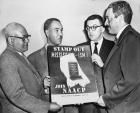
Film: Discussion: Key organisations in the Civil Rights Movement
ArticleClick to view -

Film: Discussion: What global events influenced the Civil Rights Movement?
ArticleClick to view -

Film: Discussion: The significance of the federal government to the Civil Rights Movement
ArticleClick to view -

Film: Discussion: Historical memory of key individuals in the Civil Rights Movement
ArticleClick to view -

Out and About in Madagascar
ArticleClick to view -

Filmed Lecture: Medlicott Lecture 2022 - David Olusoga
ArticleClick to view -

After the revolution: did Cromwell, Washington and Bonaparte betray revolutionary principles?
ArticleClick to view -

Flight from Kabul: a historical perspective
ArticleClick to view -

Film: Why does the massacre of the Armenians in the First World War still get overlooked?
ArticleClick to view -

Recorded webinar: History, Politics and Journalism
ArticleClick to view -

The cultural biography of opium in China
ArticleClick to view -

Real Lives: The Russian hermit of Cornwall’s caves
ArticleClick to view -
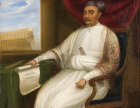
What Have Historians Been Arguing About... the British Empire and the age of revolutions in the global South
ArticleClick to view -

Filmed Lecture: Medlicott Lecture 2021 - Rana Mitter
ArticleClick to view -
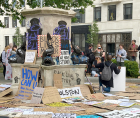
The British Empire on trial
ArticleClick to view -

‘Zulu’ and the end of Empire
ArticleClick to view -
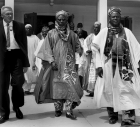
Legacies of the Cement Armada
ArticleClick to view -
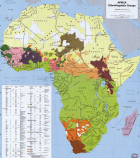
History Abridged: Language and the African continent
ArticleClick to view -
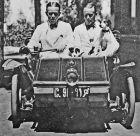
Real Lives: Robert and Thomas Gayer-Anderson
ArticleClick to view -

Out and About in Cairo
ArticleClick to view

